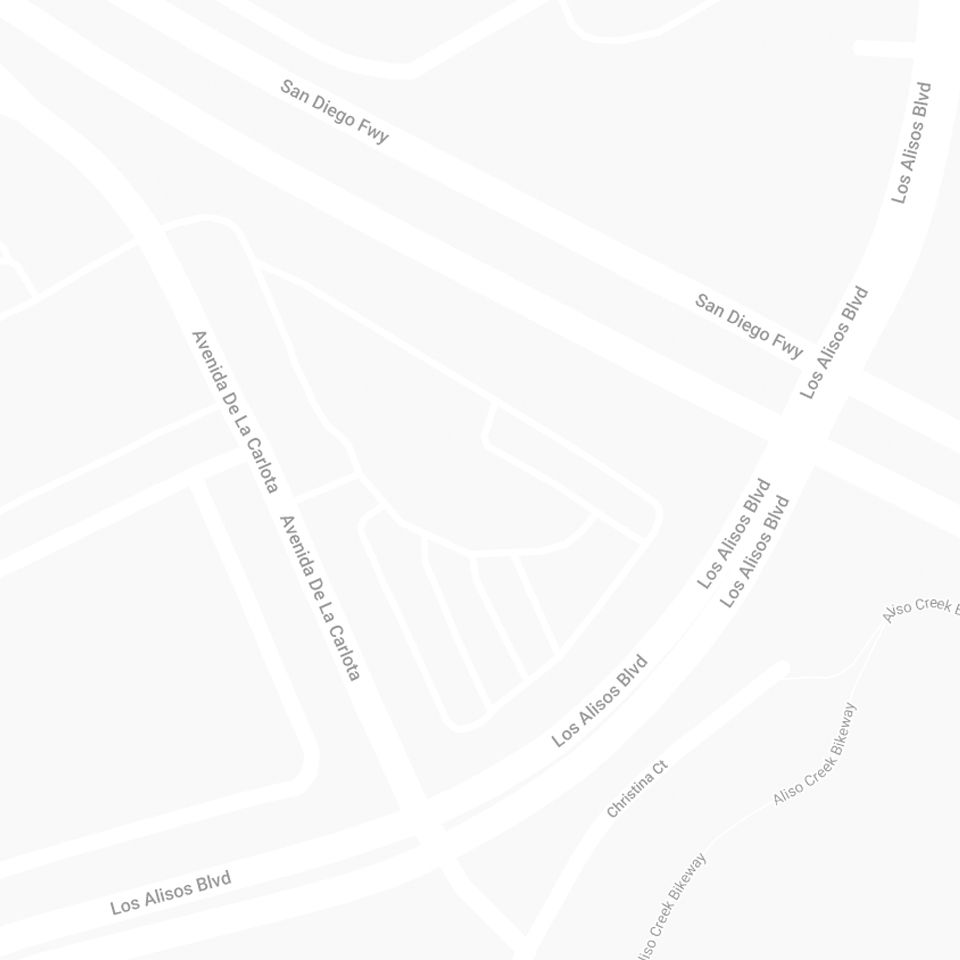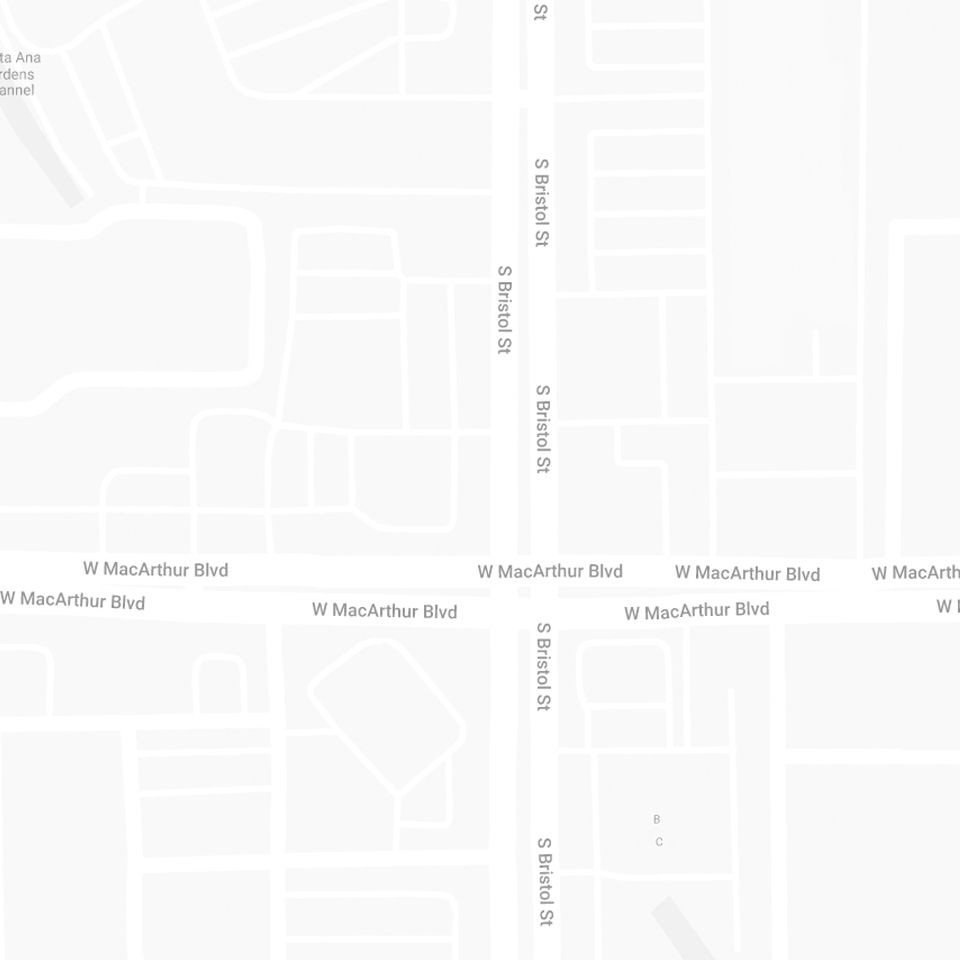Macular degeneration is sometimes referred to as “Age-Related Macular Degeneration,” and is often one of the most feared eye conditions. It is the most common cause of blindness amongst people 55 years old and above in the US and is the third leading cause of blindness in the world behind cataracts and glaucoma. This is a condition that affects the retina, which is the inner lining of the back of the eye which lets you see. Specifically, it affects the part of the retina called the macula, which gives you the finest vision.
As this condition tends to run in families and is so common, it is very important to get checked for macular degeneration, especially if someone in your family has it. Things you might notice are that parts of words seem to disappear, or you may notice that straight lines appear wavy or broken. Eventually, macular degeneration can rob you of your central vision, making it hard to see the faces of people or to read.
There are two main types of macular degeneration, wet and dry. The main difference is that dry macular degeneration does not involve the accumulation of fluid or blood in the retina, while the wet kind does. We carefully examine your eyes to determine if and what type of macular degeneration you may have, and then we give you our recommendations based on the findings. If you notice a sudden change in your vision, be sure to call us immediately for a comprehensive eye exam, as this can signify the changing of dry to wet macular degeneration.
Treatment usually involves self-testing one’s eyes with a special grid called an Amsler grid, vitamin therapy, or sometimes injections to help in cases of wet macular degeneration. Regular eye exams are an important part of maintaining your eye health.

Dr. George Salib is a leading cataract specialist and top ophthalmic surgeon in California.
An alumnus of UCLA, Georgetown University, and University of Wisconsin Medical School, he received ophthalmology training at King-Drew Medical Center, a residency program affiliated with UCLA, and followed a fellowship in advanced surgical techniques at Tulane University, New Orleans.
Besides cataract treatments, Dr. Salib is also experienced in multifocal lenses, laser eye treatments, Glaucoma, corneal transplants, macular degeneration, Comprehensive eye care, Laser-assisted cataract surgery, Dry eye and pterygium surgery. He is passionate about educating others on eye health and is committed to helping patients maximize their vision and living their lives to the fullest.
Connect with George Salib , MD, MS on Linkedin








